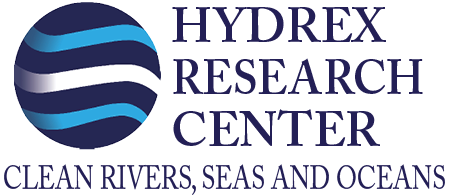Hydrex Research Center managed our team of talented Technical University of Delft students as they continued improving and extending the comprehensive database that was set up in the first part of our collaboration. With more available data and input from the Dutch water boards, Rijkswaterstaat, and the drinking water companies, the database was focused on the key factors that are needed to take effective action to prevent further pollution of the Meuse Basin.
The database functions as a tool in which the Schoon Maaswaterketen can identify hotspots of pollution inside the Meuse Basin. It enables the water boards to make a better informed decision regarding the discharge permits they provide. In the second part of this project, the tool was updated with new pollution categories and additional regions.
A better risk classification was created by adding a PMT (Persistence, Mobility and Toxicity) score to each substance, providing a more representative image of how harmful a substance actually is. With the expertise of the Schoon Maaswaterketen members, the fresh insightfulness of our students, and the shared goal of a clean Meuse, the database is efficiently tweaked to the needs of its future users.
The Meuse basin flows through the provinces of Brabant and Limburg. Connected to this basin are sewage treatments that have to deal with the polluted discharge of the companies connected to these treatment plants. In the past, the water boards encountered challenges in linking water pollutants to their respective geographical areas and associated companies, as this information is fragmented across various sources.
To address this issue, our team connected existing knowledge related to these companies, their specific pollution profiles, and geographical locations. By compiling a comprehensive yet user-friendly database, we provided the Schone Maaswaterketen with a reliable resource for informed decision-making regarding discharge permits.

Our team of senior TU Delft students are working on a project to contribute to help Schone Maaswaterketen clean up the Meuse basin. Left to right: Gideon van Triest, Stephan van Eps, Jula van der Schans, Jeannot Greijsman.

























